While the United States' 25 percent tariffs on Canadian imports are on hold, observers said the tariffs will return if Canada fails to meet further U.S. demands, and the bilateral relationship would remain challenging.
During the 30-day suspension of the 25 percent tariff, Adam Chapnick, a professor of defense studies at the Royal Military College of Canada, contended that negotiations between Canada and the U.S. will proceed quietly and in conjunction with discussions with Mexico.
"However, if Canada fails to meet further U.S. demands, the tariffs could certainly return," he told China Daily.
He said that "most Canadian officials assume that U.S. President Donald Trump will reiterate his demand that Canada drastically increase defense spending".
Canada is one of eight NATO countries out of 30 that are estimated to be falling short of the NATO defense spending target of 2 percent, according to Canadian broadcaster CBC News, which reported that Ottawa was estimated to spend about 1.37 percent of GDP in 2024.
Canadian Defense Minister Bill Blair told CBC News last month that it was "absolutely achievable" for Canada to meet the spending level in two years.
Public Safety Canada announced an expansion of its $1.3 billion border security plan on Feb 4, introducing measures such as appointing a fentanyl monitor to enhance interdiction efforts with U.S. counterparts.
"It's necessary and should have been made regardless of President Trump's demands," Chapnick said. "While the U.S. president's stance may have slightly accelerated moves that would have and should have been made anyway, the decision aligns with Canada's preexisting security objectives," he said.
M. Scott Taylor, former president and fellow of the Canadian Economics Association, said he expects the tariff situation to be resolved within the 30-day window and that a Canadian response to harden the border and start renegotiating the trade deal will happen.
"Canada could and should liberalize trade in dairy products as a means to placate American demands," he told China Daily.
However, he noted that the bilateral relationship will remain challenging as long as Trump is in office.
Taylor said if the tariffs remain in place, it will underscore the need for Canada to diversify export markets. And significant opposition to tariffs is likely to come from the U.S. business community.
Consequences foreseen
For Canadian consumers and businesses, Taylor predicted that the Canadian dollar is likely to fall, driving up the price of groceries and imported inputs.
He said he anticipates a small uptick in inflation, but it will be temporary. "If the 25 percent tariffs become permanent, it would lower Canadian GDP and limit our growth prospects," he said.
Sui Sui, a professor at the Ted Rogers School of Management at Toronto Metropolitan University, characterized the U.S. tariffs as a form of economic imperialism.
She argued that the U.S. imposes tariffs as a tool of pressure against countries that do not comply with its demands.
Sui said that because more than 70 percent of Canada's exports go to the U.S., the levies have the potential to severely undermine integrated supply chains.
Sui said she expects the tariffs to lead to higher costs for businesses and Canadian consumers.
"If our exports decline, it's not just businesses that are hurt — that would increase the price of groceries, as well as other imported products," she said, adding the government would also have less money to fund social welfare, infrastructure and education.
In retaliation against the U.S. tariffs, Canada announced its own reciprocal tariffs. But Sui said Canadian tariffs should focus on targeting certain sectors in the U.S. so it can have a strong economic impact but minimize damage to its own economy.
"A broad boycott of all U.S. goods isn't realistic," she said. Instead, Sui suggested focusing on companies that previously had Canadian manufacturing operations but relocated to the U.S. due to U.S. pressure.
"We can encourage them to return by requiring more domestic sourcing and production," she said.
Sui said that Canada should strategically impose tariffs on goods produced in states that strongly support Trump, as well as luxury products. "Liquor and high-end goods are fair targets because they have minimal impact on ordinary Canadians."
She argued that Canada can work with other nations negatively affected by U.S. trade policies.
























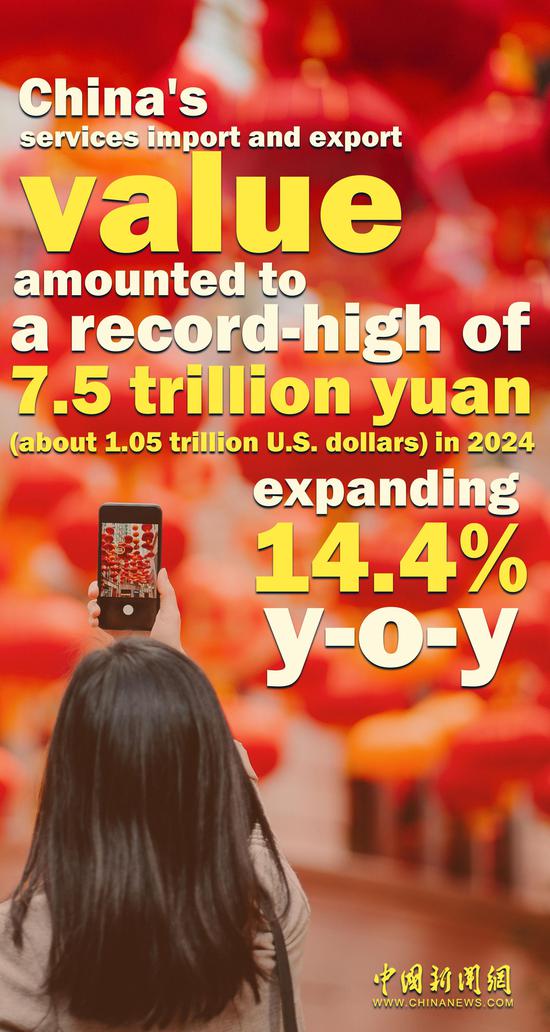
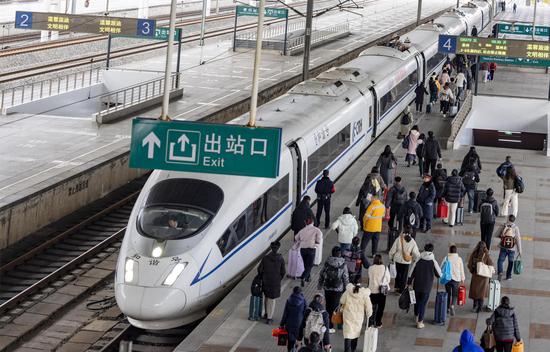



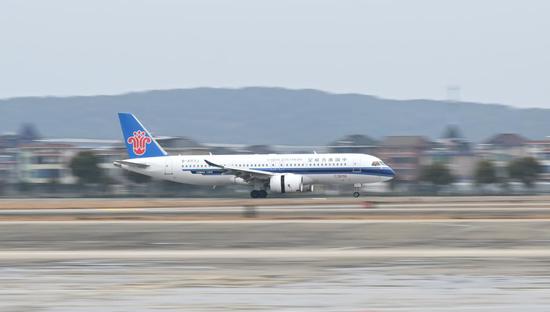








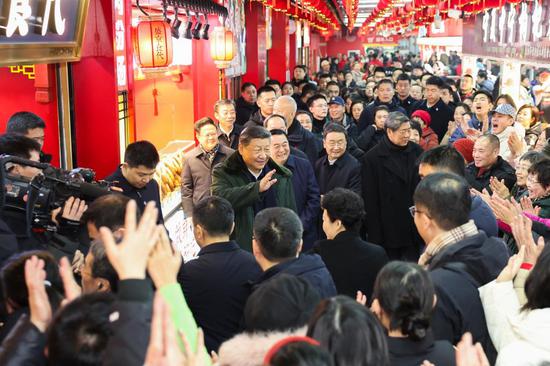
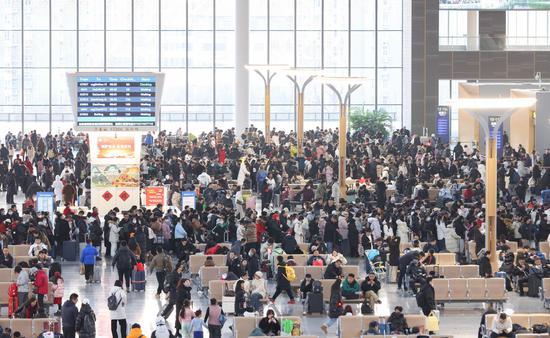










 京公網安備 11010202009201號
京公網安備 11010202009201號